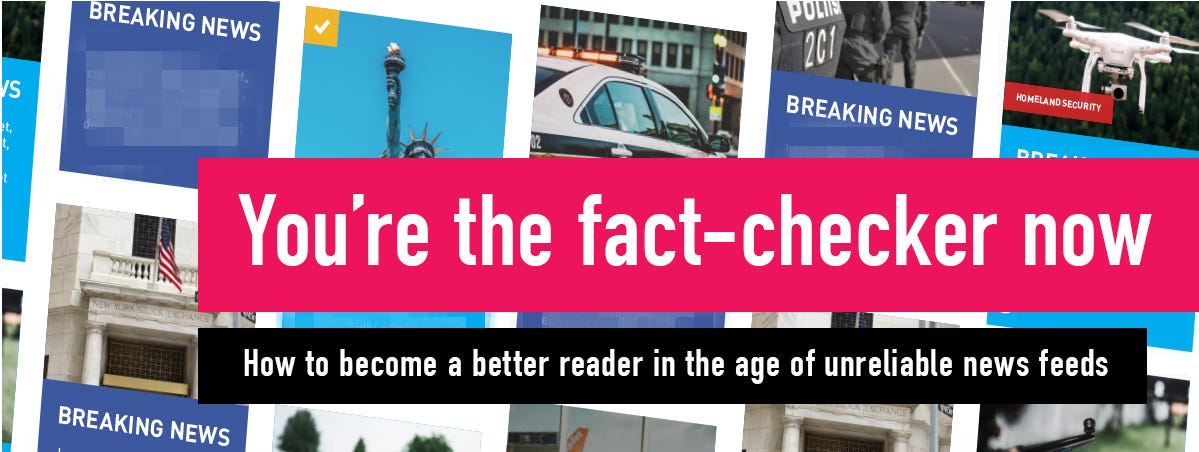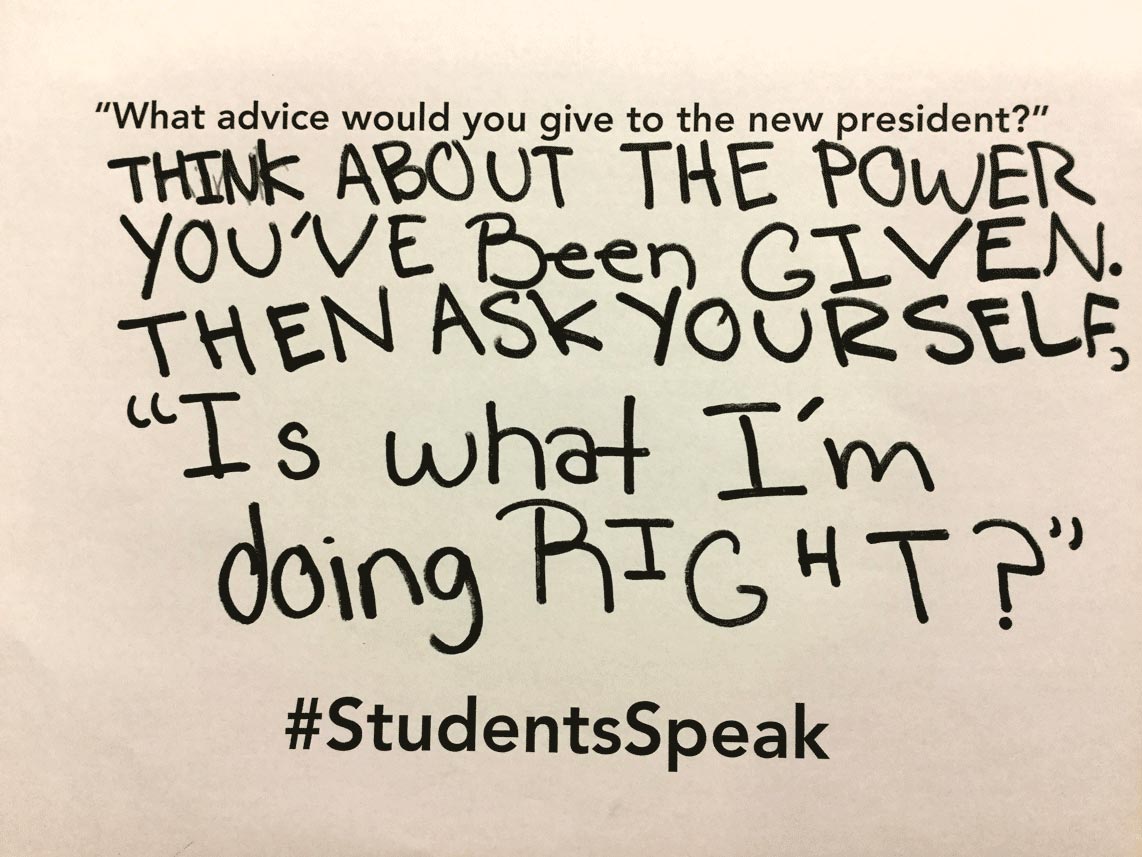Rachel Maddow was talking about Hurricane Allen tonight, and it brought back a memory.
In 1980, I was teaching English as a Foreign Language at the Haitian-American Institute in Port-au-Prince. I had been there for eight years. The Director of Courses, Miss Eleanor Snare, had advised me very early on to choose, in every class, a student I judged to have leadership potential “in case of an emergency.”
She was non-specific about what kind of emergency. We lived on a volatile island. There were political struggles and muscle-flexing under a president-for-life. Epidemics arose and dissipated – typhoid, malaria, dengue fever. There was a gas shortage there, and lines, at the same time the U.S. was experiencing one. There were blackouts. The worst, in the late 1970s, lasted from February to June with only one hour of electricity a day until the U..S. Marines arrived with generators and got the main hydro-electric station running again. And there was the weather.
In Haiti, there is always the weather; specifically, there is a rainy season. One becomes accustomed to it. You can predict that during the rainy months, clouds will build in the course of a day, break open and pour around three in the afternoon, and, spent, clear out in the evening only to repeat the same drill the following day. During those months, you make sure you have an umbrella when you leave the house, and you will be fine.
In 1980, I lived about a half hour outside the capital in a suburb called Thor le Volant. I took a tap-tap, one of those colorful little buses that are actually converted pick-up trucks, to get into town in the morning. If I was early enough in the morning, I walked from the Grand Rue to the Champs-de-Mars where the institute was located. I taught from 6 a.m. To 9 a.m. Then I had a two-hour dance class (Haitian folkloric), also held at the institute. At noon, I would go home, shower, and put myself together again for afternoon classes from 3 to 6 p.m. It was a great schedule!
I would be home between 6:30 and 7:00, have a few Prestige beers – the local brand – and something to eat, catch All My Children on the only English TV channel and the news with Anthea Flambert. (Yes, they showed All My Children during prime time, and all my students watched it.)
So, in August, 1980 that was my schedule. In my 4 o’clock class I had a lot of high school students. There were a few university age students Our minimum age was 16. There were two sisters from France who were around my age and very humorous. The only other actual adult was a protestant minister.
He was very slender and carried a tan briefcase just as slim as he. Always dapper in a tropical weight white suit, he was soft-spoken, very courteous, and all of my students respected him. He was a natural for my “in case of emergency” guy.
This particular afternoon, my 20 some-odd students and I were having guided conversations in English when the sky behind them started turning a deep green. I kept my eye on it, but it was the rainy season. I took it to be just a slightly more dramatic cloud than usual until it progressed to black, and I had to turn the lights on. Dark as night! In the course of about 40 minutes.
But, no matter! We kept working. Until suddenly, a flash of light like something I had seen in photos of nuclear blasts and a BOOM!
The lights went out and my emergency pastor’s head rolled back, and he fainted. Fainted!
We all jumped, and then went to him. He recovered and was fine. I let them go about five minutes early. It was pouring by that time. The five o’clock classes went on as scheduled since the lights came back almost immediately. We were on the same line as the National Palace, so always had priority electricity.
At six, I headed for home and, since it was still raining, hailed a taxi to get to the tap-tap on the Grand Rue. I asked the driver if he had heard the thunder and if he knew what was hit. He asked me if I didn’t know a hurricane was coming. No. I did not even though I had watched the news the night before.
The next morning I taught my classes as usual. It was gray and cloudy, but that was all. We had our dance class, as usual. Then I went home, as I always did, to shower and get ready to teach in the afternoon.
Around 1:30 p.m. The rain began. It was very light. By 2:15 the rain was horizontal. I shrugged it off and left to catch the tap-tap, but the wind was very strong. Instead of going to town, I went to the nearby supermarket to use the phone, but there was no answer at the institute. The supermarket was closing. It was a hurricane. I went back home hoping Miss Snare would not fire me for not showing up and not calling.
Around nightfall, the electricity went out. The wind and rain blew through the whole second floor apartment for 8 or 10 hours. There was one dry corner. I curled up in a director’s chair there and listened to Voice of America all night on my battery-operated JVC short-wave. The cats took up residence inside the wardrobe which was off the floor on legs.
In the morning, the sky cleared. My friend and neighbor, Dr. Jeanne Philippe sent someone from her house to make sure everything was OK and to ask if I wanted to ride into town. Of course I did.
The sky was blue and clear. Many hanging signs had fallen from stores in town. Mud was drying on the streets. People were already cleaning up. I stopped by the institute to find out when classes would resume and shopped a little.
Allen killed more people, 200+, in Haiti than anywhere else it hit even though the eye was offshore in the north. The biggest danger there, because of the mountains which are deforested, is the flooding and subsequent mudslides.
I continued that practice of choosing a leader among my students, even when I returned to the U.S., even when I taught graduate classes. It is a blessing that I never had to rely on them. But you never know!










